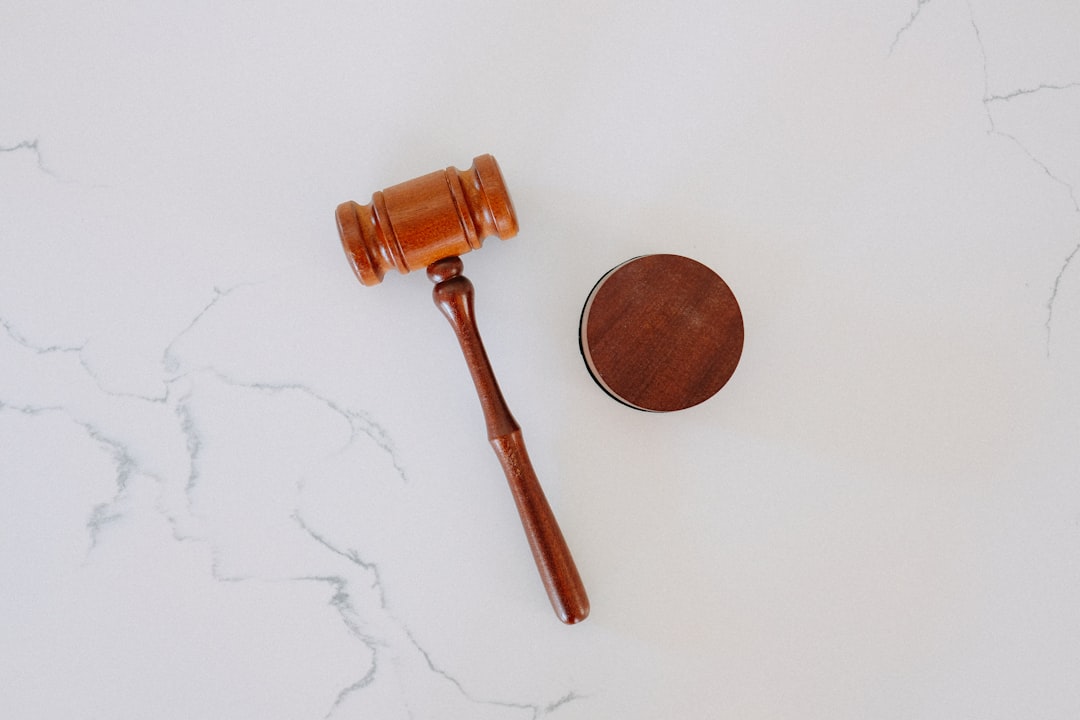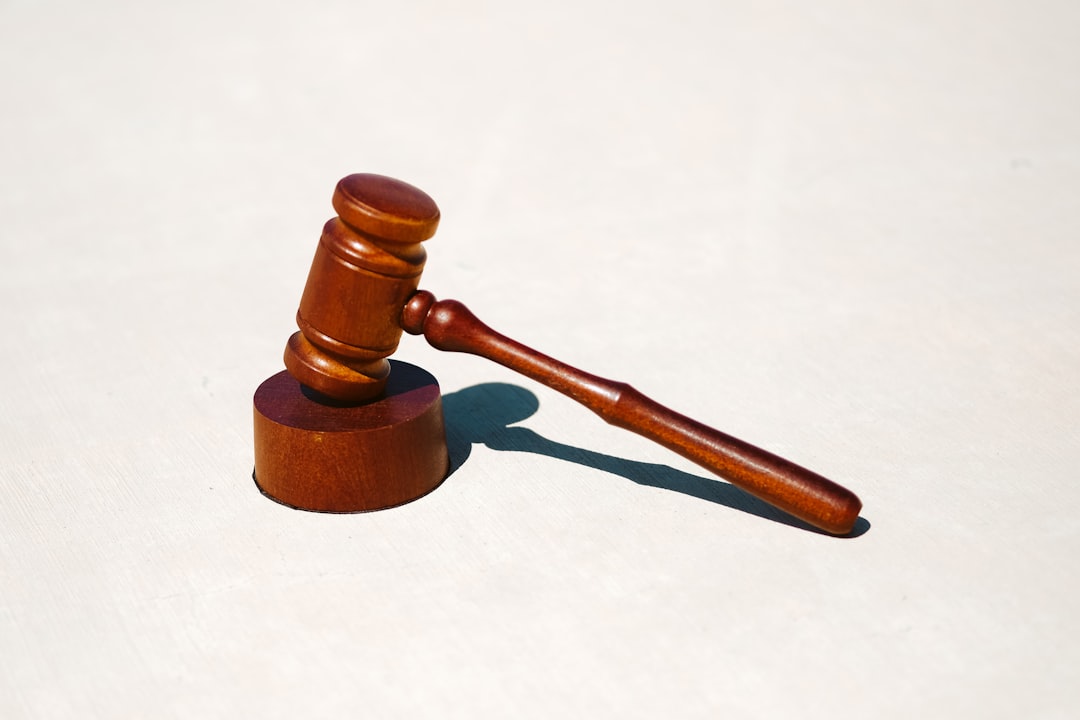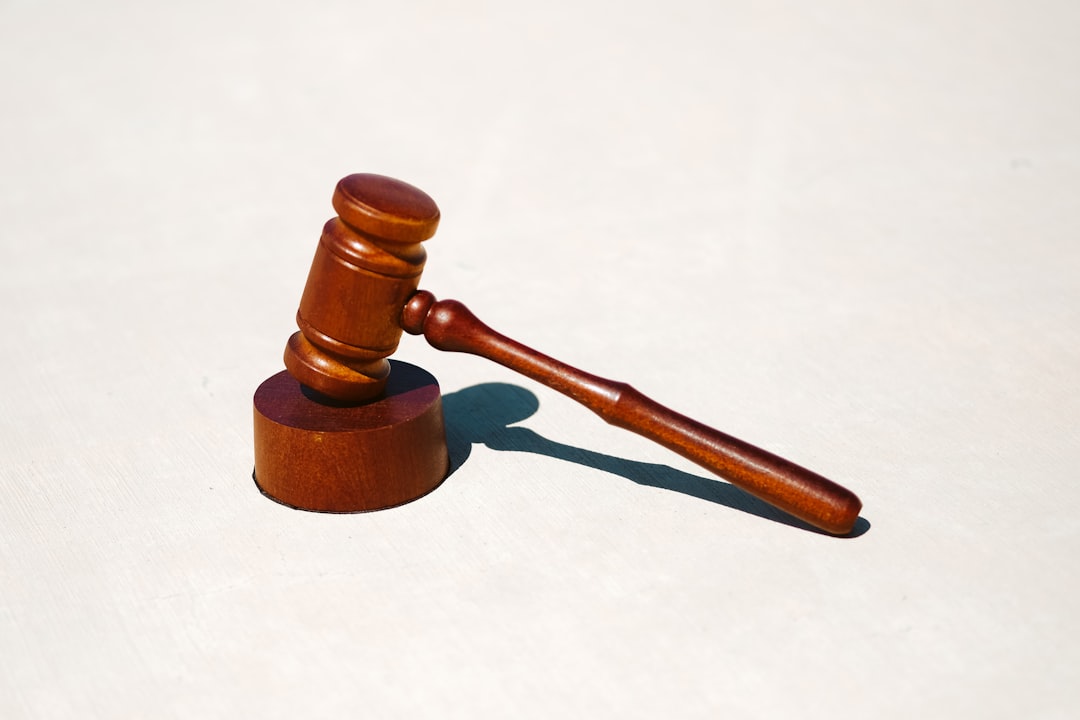Teachers play a vital role in preventing and addressing sexual abuse in Jersey City schools by creating safe spaces, recognizing distress signals, and teaching students about boundaries and consent. The city's robust legal framework and comprehensive school policies, guided by state regulations, support this effort. To effectively combat sexual misconduct, school districts must provide educators with regular training, workshops, and peer discussions on age-appropriate boundaries, consent education, and safe reporting procedures. Empowering teachers with resources ensures a culture of safety and facilitates better protection for students in Jersey City.
In Jersey City, NJ, teachers play a pivotal role in safeguarding students from sexual abuse. This article delves into the multifaceted approach required to prevent such atrocities, focusing on understanding sexual abuse prevention from a teacher’s perspective. We explore the legal frameworks and school policies in place, emphasizing the importance of comprehensive training and support for educators. By examining effective intervention strategies, we aim to equip teachers with the tools necessary to create safer learning environments, collaborating with legal experts to ensure every student’s protection. A school abuse lawyer in Jersey City NJ highlights the crucial role of proactive measures in fostering a secure educational system.
Understanding Sexual Abuse Prevention: A Teacher's Perspective
Teachers play a pivotal role in preventing sexual abuse within their schools, acting as vigilant guardians for the students entrusted to their care. From creating safe and inclusive learning environments to recognizing subtle signs of distress or unusual behavior, educators are on the front line in identifying potential risks. A school abuse lawyer in Jersey City, NJ, would emphasize the importance of teachers being well-versed in sexual abuse prevention strategies, enabling them to foster a culture of awareness and protection.
Through professional development programs and ongoing training, teachers can learn to navigate sensitive topics, conduct age-appropriate discussions about personal boundaries, and educate students about consent. This empowers them to address issues proactively, whether it’s teaching children how to recognize and report inappropriate behavior or implementing policies that promote a safe school climate. By embracing their role as mentors and advocates, teachers contribute significantly to the well-being of their students and the overall prevention of sexual abuse in Jersey City’s schools.
Legal Frameworks and School Policies in Jersey City, NJ
In Jersey City, New Jersey, the prevention of sexual abuse in schools is guided by robust legal frameworks and comprehensive school policies. The state’s laws, such as those outlined in the New Jersey Administrative Code, mandate that all educational institutions implement strict protocols to safeguard students from harassment and abuse. Schools are required to have detailed anti-harassment policies in place, addressing various forms of misconduct, including sexual exploitation and assault. These policies often involve regular training for staff, clear reporting procedures, and immediate response mechanisms.
The Jersey City Public Schools district has specifically tailored its policies to align with state regulations, ensuring a safe learning environment. This includes designated reporting persons who are responsible for handling incidents of school abuse, as well as educational programs aimed at raising awareness among students about their rights and responsibilities. Additionally, the district collaborates with local law enforcement and advocacy groups to further strengthen its response to potential cases of sexual abuse, leveraging the expertise of a school abuse lawyer in Jersey City NJ when necessary.
Training and Support for Educators: Strategies for Effective Intervention
In the fight against school abuse, particularly sexual misconduct, teachers in Jersey City, NJ, play a pivotal role. Effective intervention starts with robust training and support for educators. School districts should implement comprehensive programs that equip teachers with the knowledge and skills to recognize potential signs of abuse, understand child development, and respond sensitively to student disclosures.
Regular workshops, webinars, and peer-led discussions can cover topics like age-appropriate boundaries, consent education, and safe reporting mechanisms. These sessions should also address the importance of fostering an open and trusting environment where students feel comfortable sharing experiences without fear of retaliation. Access to counseling services and regular debriefing sessions for educators is crucial, ensuring they are emotionally equipped to handle sensitive situations effectively while upholding the trust placed in them by Jersey City’s community.






